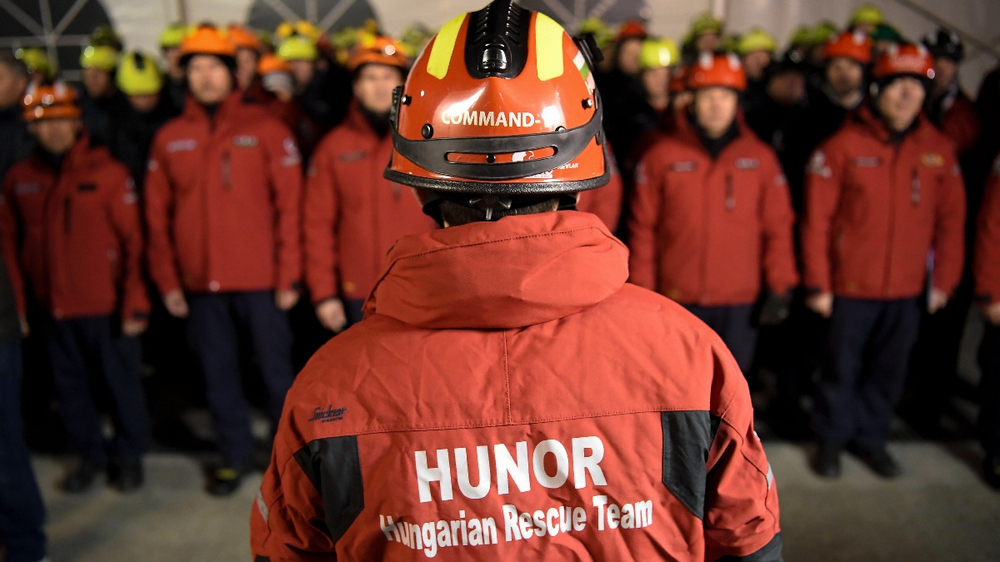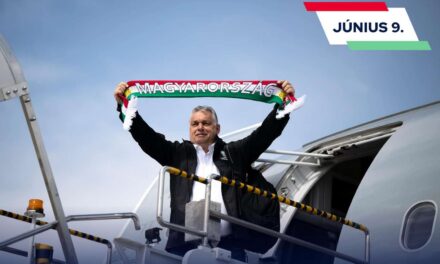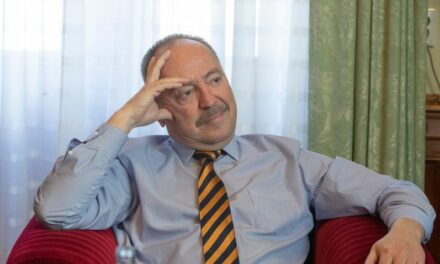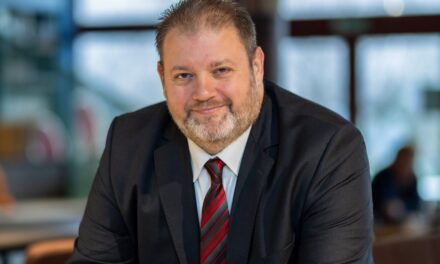In the podcast of Zoltán Kovács, the state secretary responsible for international communications and relations, which is also available on YouTube, Péter Jackovics said that all international teams rescued a total of 200 people, Hungary 35, including 17 from Hunor, which belongs to the National Disaster Management Directorate of the Ministry of the Interior.
" If we want to show who saved the most survivors, then Turkey is in first place, followed by Israel and Hungary, " he pointed out.
The commander recalled that the local population was very much in solidarity with them, they kept saying: " God bless Hungary!" "
Péter Jackovics reported that Hunor is a so-called difficult team accredited by the UN. There are 67 such search and rescue groups worldwide and within the UN. Hunor is the first in Hungary to receive re-qualification for the third time, and it will be the first globally, he added.
He explained: the team includes professional firefighters, a volunteer dog trainer, and the medical component is made up of employees of the National Rescue Service. They are professionals, so the group consists of a total of five elements: management, logistics, medical assistance, research and rescue.
He recalled that after the earthquake in Turkey, the government immediately offered Hunor's search and rescue capacity. They alerted their colleagues within three hours, within six hours all members of the team met, a total of 88, after which the personnel suitable for the task were selected. The Hungarian government team arrived within 24 hours and began the rescue operation at approximately 9 p.m.
Among the participating rescue teams, Hunor was the first team on the site that did its work 24 hours a day - he emphasized, pointing out that they were working under the ruins, very heavy tools and equipment had to be used to rescue the survivors, one shift at a time It could have been 12 hours.
He indicated that they had permission from the local authorities, i.e. from the Turkish Disaster Management Authority. This marked the main location: there could have been more than a thousand people under the collapsed building. After barely an hour, three weak but alive victims were found. They then worked continuously for six days during the campaign.
In response to the suggestion that the mental support they received from the locals might have been important, he said: the locals applauded them when they found a survivor, and that gave them energy.
" We found a large number of survivors, held their hands throughout the operation, and never said we would come back. At one location, we worked continuously for 16 hours to save a single life, " the commander recalled.
Péter Jackovics explained that the search dog is very useful in such situations: the dogs are sent in first. If they receive a signal from the dogs, the technical research units are sent in to determine where to drill or create a trench for the rescue. They then use the necessary equipment to drill a safe passage to the survivors.
He emphasized that he is very happy that everyone returned home safely and that the work did not take a heavy toll on anyone mentally. " The tactic was to put our problems in a big black box and leave them behind. We just focus on the mission.” Speaking about the mental aftereffects, he said that the disaster management has specialists to discuss them, also in the individual counties, if necessary to discuss what happened.
According to the team members, they returned home as known heroes; everyone wanted to shake their hands, which mentally gave them a lot of energy.
" This support, together with the right tools, provides a good mentality for my young colleagues. That's why I can keep this team together and move forward, " he said.
At the end of the conversation, Zoltán Kovács, speaking about the Hunor rescue team, said that they will continue to receive all the support, logistical and financial assistance necessary to avoid the consequences of future disasters.
MTI
Photo: MTI/Tamás Kovács













